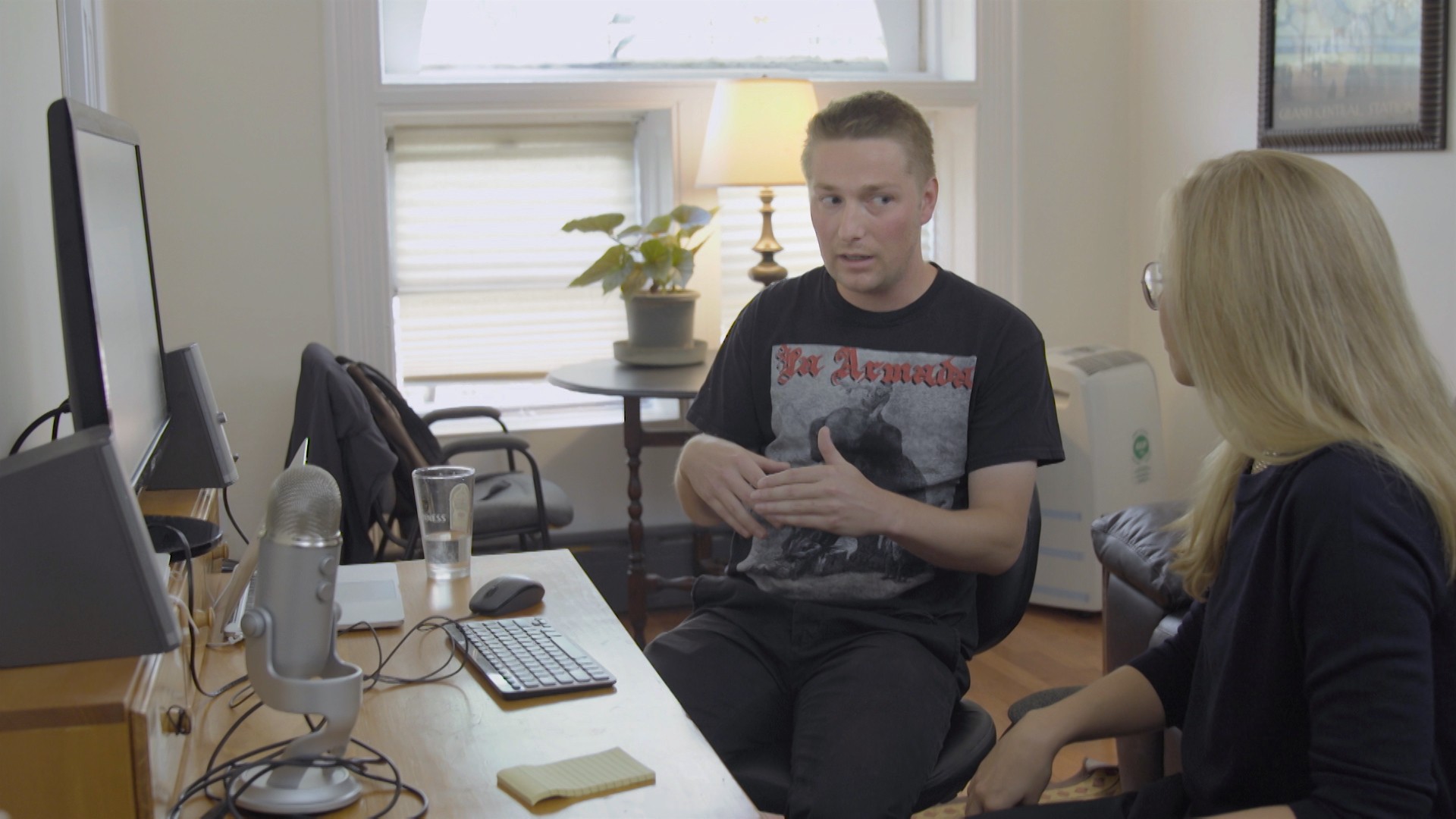Pro alt-right posters that were put up in Toronto. Photo via Kevin Kerr
Advertisement
Advertisement
Paul Fromm, locked out of the Your Ward News, an ultra-right newspaper in Toronto. Photo supplied
Advertisement
Advertisement

Advertisement
Pro alt-right posters that were put up in Toronto. Photo via Kevin Kerr
Paul Fromm, locked out of the Your Ward News, an ultra-right newspaper in Toronto. Photo supplied
